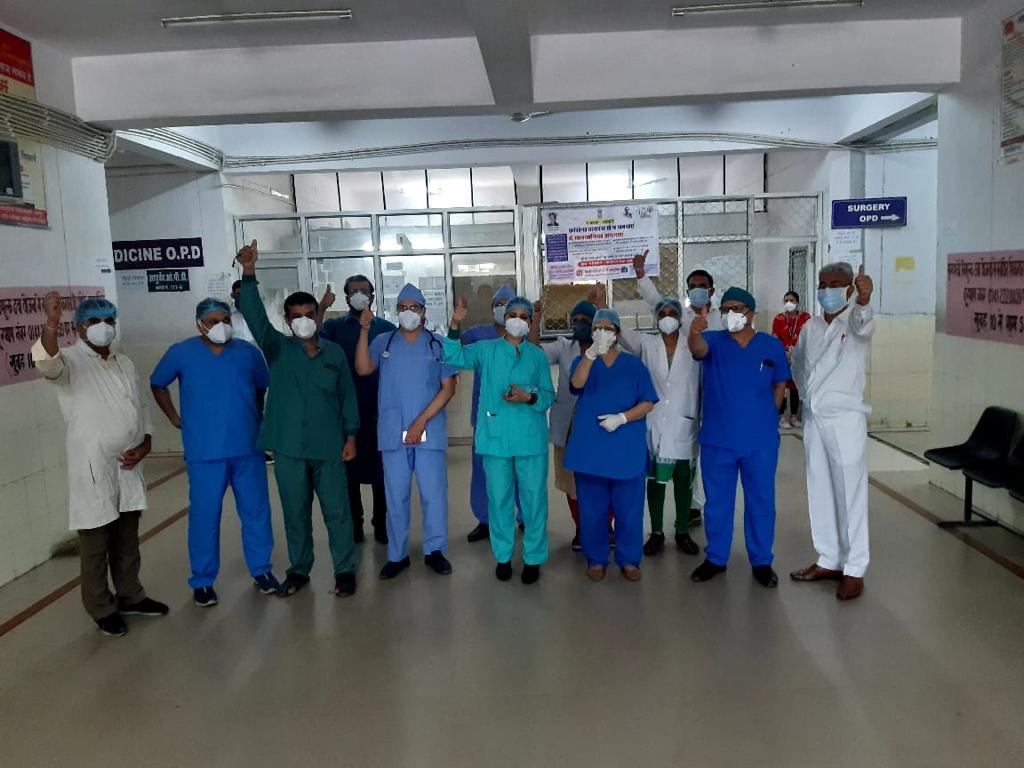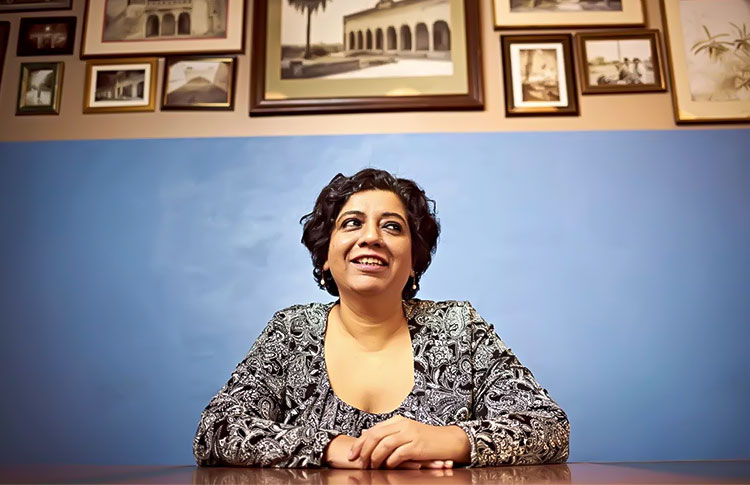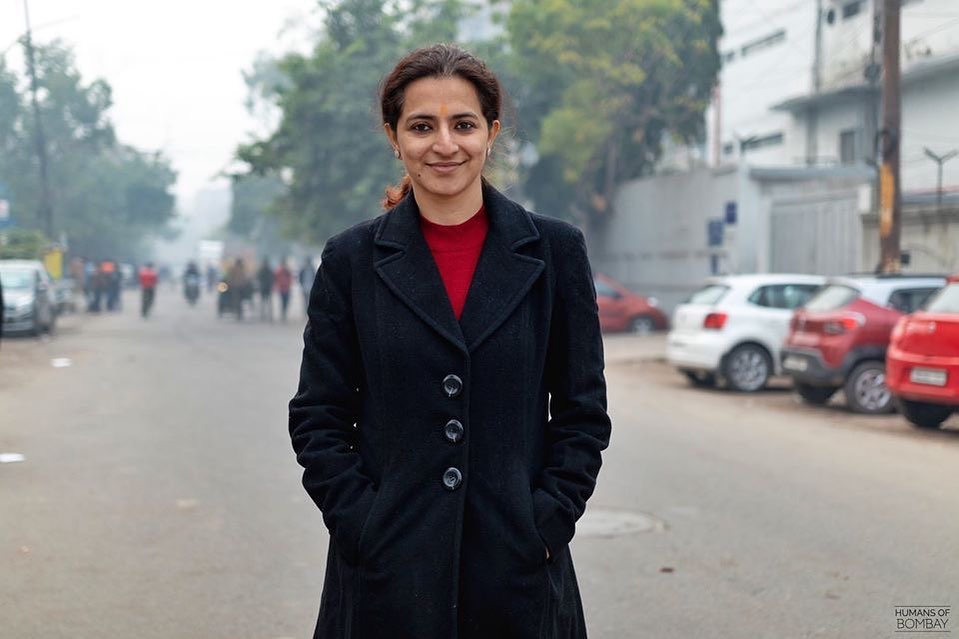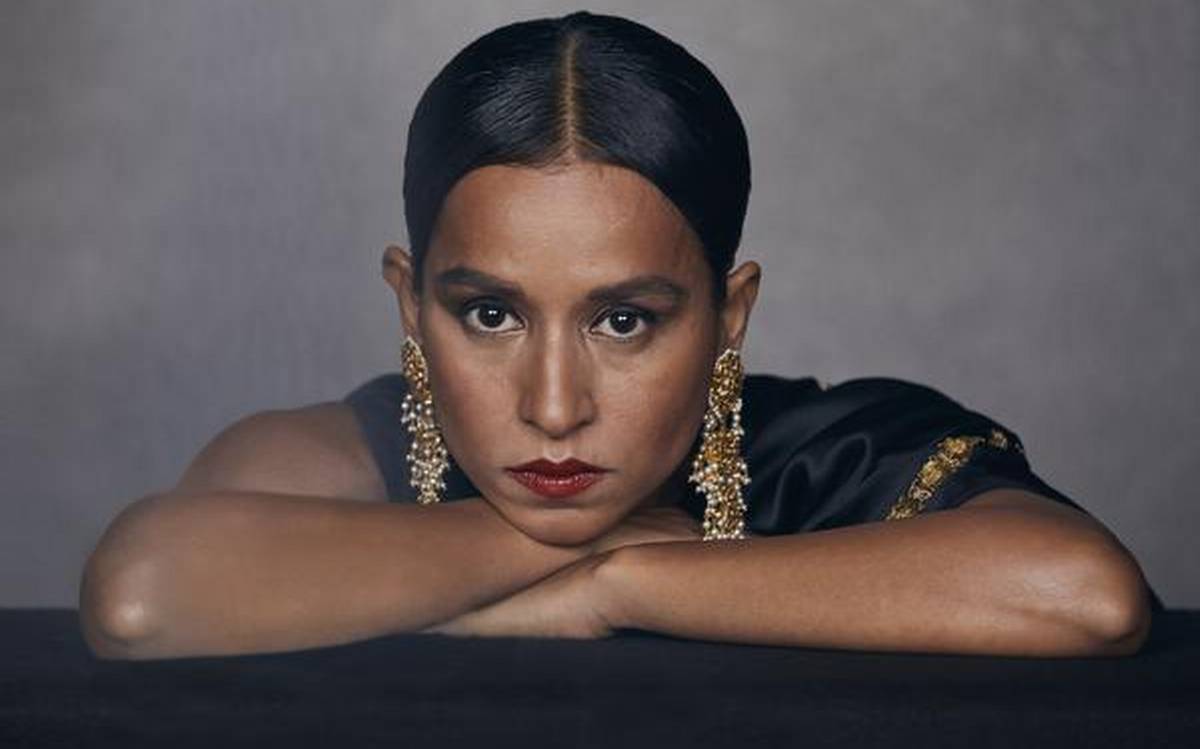As A Single Woman In India In 2019, Even Opening My Mouth Is A Political Act: Aditi Mittal
- IWB Post
- June 7, 2019

Last time a woman comedian friend of mine tried sharing the stage with an otherwise all-male set of comedians, things didn’t go too well for her. To begin with, she was received with hostile indifference by all the men in the panel who looked at her as some sort of an unworthy intruder. The audience didn’t help either, as they joined the other comedians in solidarity and decided to interrupt her every now and then till she had to literally call one of them out, followed by flat, acrimonious faces from a gathering of the mostly male audience for the rest of the show.
Just like a lot of other areas for women in India, comedy hasn’t been too kind to them either. Out of a lot of patriarchal prejudices that we have against women, “they can’t be funny” probably features among the top 10 which speaks a lot about the fate of women comedians in India.
However, it just gets worse when a woman decides to talk “like a man” and discuss sex and female body on the stage in a way that women are “not supposed to.” When comedian Aditi Mittal first came to the comedy scene it was no different for her.
She was constantly mocked for being a part of all-men panels everywhere and nobody flinched from making jokes on that and how she has been with all of these men. Being the only woman on the AIB Roast panel just aggravated the same. The topics that she chose didn’t help either and the first time she did a set on “Bra Shopping,” hate started being thronged at her from all over the country.
Resilient to make her own place in the industry, Aditi persevered despite the odds and has become one of the most sought after comedians in the country today. In a recent chat that I had with her, she talked to me about impacting the evolution of a new kind of comedy, public reception, and being political as a comedian.
Here are the excerpts:
You were among the first ones in the entire comedy circuit to come up with these bra and tit jokes. How were these jokes received when you first started doing them?
So when I just began, I used to hear tch tch tch sounds from the audience right after I cracked these jokes which, no denying, left me really worried. Back then, the audience used to sit in the dark, I didn’t know what exactly was happening and I used to panic every time, thinking that “Oh My God they are hating it” and they used to be like “yeh dekho kya kar rahi hai yeh ladki” and all.
However, over time, I realized they are doing that but they are laughing away at my jokes slowly and the tch tch was the sound of disapproval for themselves for laughing at “such things.” So, now I find that really funny. Like you know it’s so powerful, it’s actually people reacting to themselves.
Do you think that the reactions wouldn’t have been this extreme had you been a guy?
Of course! Initially, the instant I made a mention of the word “boob” people will get flabbergasted thinking that this is not how girls talk or that they had never seen a girl talking like this before. That’s how our society functions. For a girl, nothing else matters after she expresses even one sexual thought on the stage. You say “boob” once in a 45-minute long set and you are finished. A guy could go like “dick dick dick dick dick dick” for 90 minutes and they’d be like wow this guy is a genius. I think people are still very scandalized when a woman talks about anything even slightly racy whereas it’s entirely opposite for men.
Thankfully, other people have also started doing these jokes now. I think it thus becomes imperative to talk about the evolution of these jokes over time.
These jokes, they have evolved in various ways and the evolution of the jokes depends on their practitioners because so much of it is so personal that it shows us as the medium of the message. That’s where the hate comes from and that’s why when people hate your work or they love your work it always feels very personal.
Thus, you can either use “inappropriate language” as a tool or as a crutch. And there’s a way if you want to do the former. I will give you an example, one of the stories that I love telling is my “Bra Shopping” set. I got a tweet about it two years ago from a girl who told me that the set inspired her mom to touch herself and that’s how she ended up detecting a lump in her breast at the initial stage of cancer which eventually saved her life.
I have been in touch with that family for a long time now. I recently met this lady and she was so cool she reminded me of my grandmother. She told me, ‘When I first started watching that video, I was like what is this garbage these people talk about these days and why these girls have to talk about tits and breasts and all these stuff.’ She was like ‘I watched that video till the end just to know how this girl would end it after talking all this rubbish.’ However, somehow the video ended up inspiring her to touch herself and that’s when she realised that she had a lump.
So it really depends, you know. If you’re doing a set on boobs only for the sake of it then I’m skeptical about its usefulness.
Also, with the rise of digital space and social media, it becomes rather easy for people to spew hatred against anything which doesn’t go down well with them. And after a while, it ends up taking a toll on you somehow or the other. How do you deal with it?
Honestly, initially, I didn’t know how to handle it. I used to be so confused and I’d often get hurt by all these social media comments. But then I told myself that if I am going to take these mean comments seriously then I need to do the same with the nice comments as well and now I know how to moderate it. I have also realised that so much of this hate comes from people’s own insecurities and is not even about me.
I think it’s something that a lot of us need to learn. I have also observed that a lot of Indian comedians stay away from political satire. What is the reason? Why is it considered such a risky territory in the comedy circle?
Okay, I can’t really comment on everyone. I just know that whatever I have engaged in till date has been incredibly political and I also know that people don’t believe it. They are like “Arey but you’ve not said anything about Modi. You have not said anything about Amit Shah.” But I think as a single woman in 2019 in India, even opening my mouth is a political act.
Again if you look at the industry, it’s generally male-centric. Right from your producers to the comedians, most of them are men. What would be the survival guide for emerging women comedians in such a patriarchal setup?
Firstly, believe other women, trust them, realise that they are going through the same as you are. Every girl thinks that patriarchy is going to be kinder to her than it had been to somebody before her, that she has got the fucking magic or something and things are going to be just right for her. Like nothing really regressive really existed for others as well and that’s just not the case. So yes, believe the women who have done this before you and who are going to do it after you.
Secondly, I think the need is to get the fuck in, realise that no one is going to invite you, and you have to pave your own way. If you wanna go, then just go stand there because it doesn’t cost anyone a thing and because the guys are doing exactly that. That’s what blows my mind sometimes. I mean, look at a man’s confidence who is trying to get in, the way they sell themselves and the way the comedy brotherhood believes in them.
So yes, that’s my message to all the women comedians out there, the women out there: believe in other women and stand for yourself as well as each other because if nobody is going to make space for you, you just have to make it for yourself.
- 0
- 0












